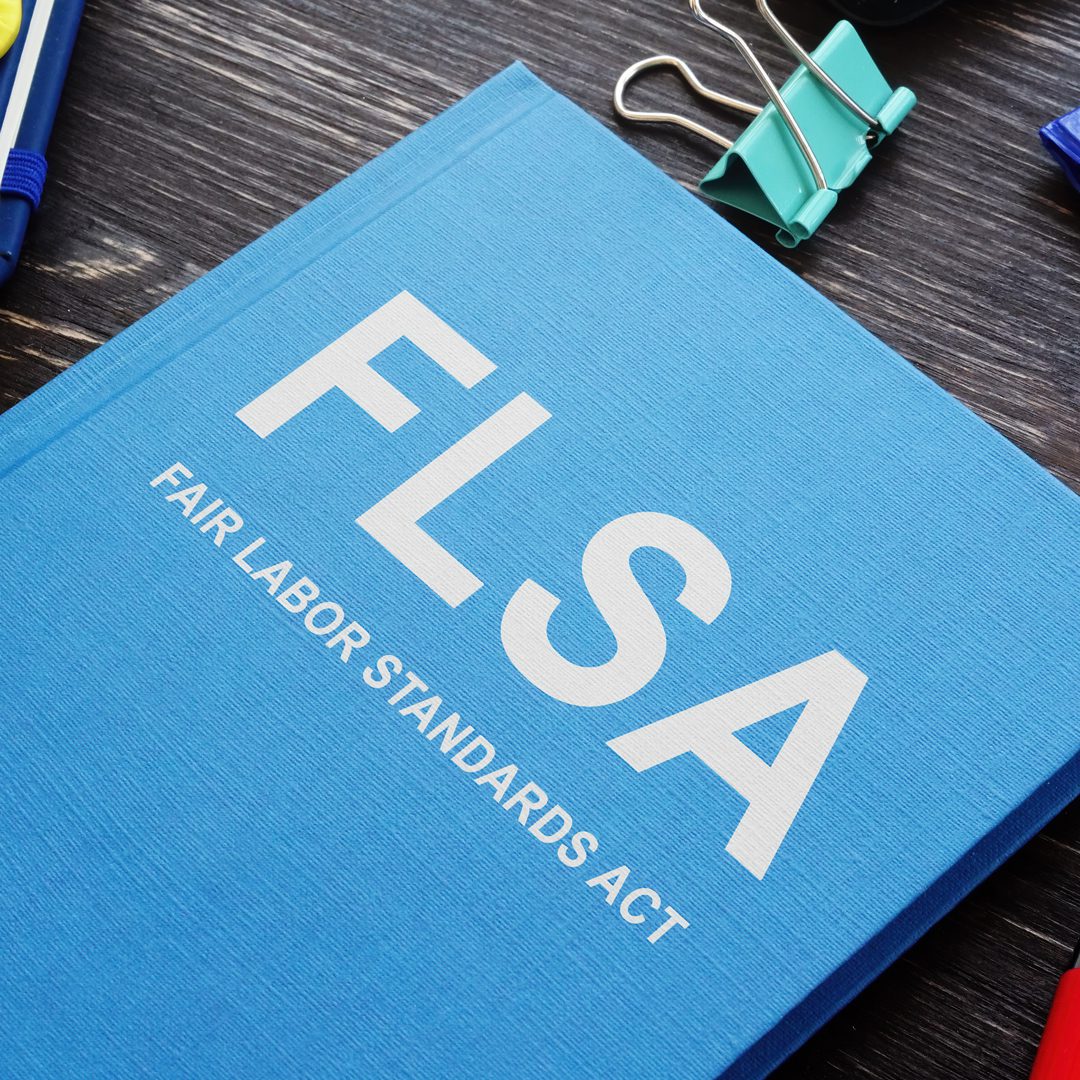
The Fair Labor Standards Act (“FLSA”) applies to employees (not independent contractors) and, among other provisions, generally imposes minimum wages for hours worked and requires overtime pay for time worked in excess of 40 hours in a single workweek. These requirements generally apply to all employees unless their job duties fall within five recognized exemptions: (1) executive, (2) administrative, (3) professional, (4) outside sales, and (5) computer-related professionals. These exemptions describe what were historically regarded as “white-collar employees”; however, these distinctions become a bit muddled in a modern workforce. In addition to job duties, all of these exemptions – except the outside sales exemption – require an employer to pay a minimum weekly salary.
Misclassifying an employee as “exempt” (or as an independent contractor) could result in costly litigation and expose a company to having to pay several years’ worth of overtime wages plus liquidated damages of double the amount of unpaid overtime wages. Unlike most employment laws, owners and managers can sometimes be held personally liable under the FLSA for unpaid overtime wages.
The Gibson Law Group is available to help employers properly classify their workers and to defend and protect against lawsuits alleging violations of the FLSA.